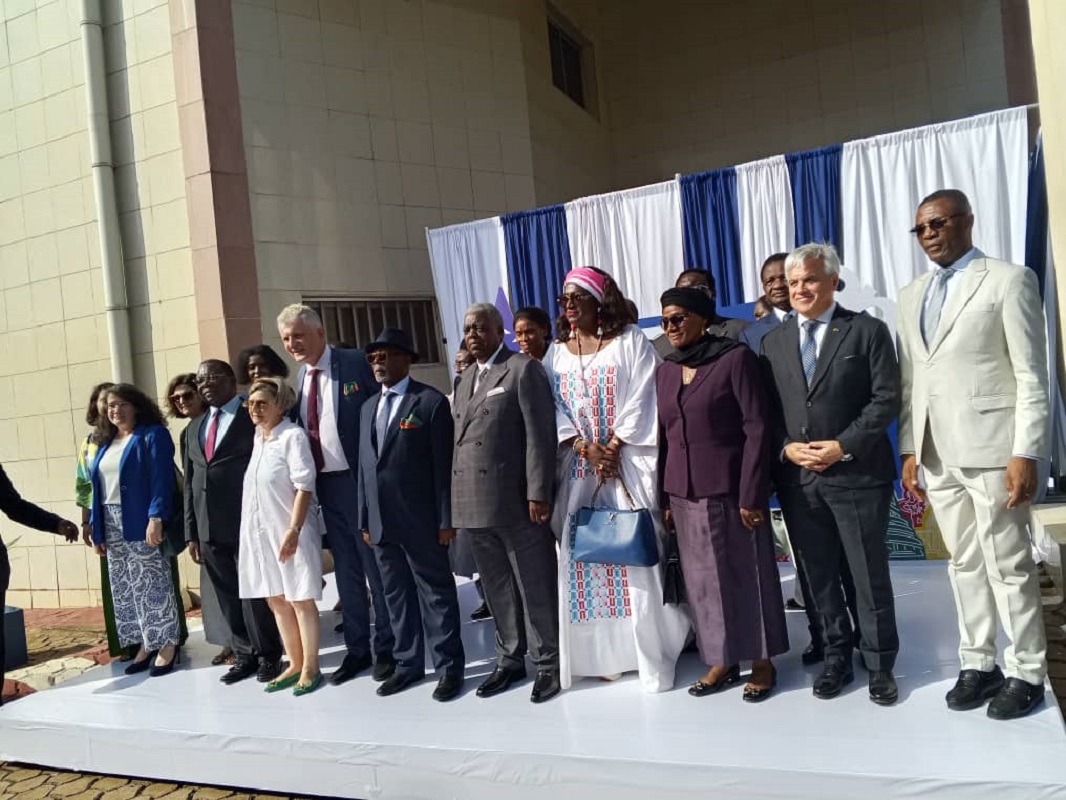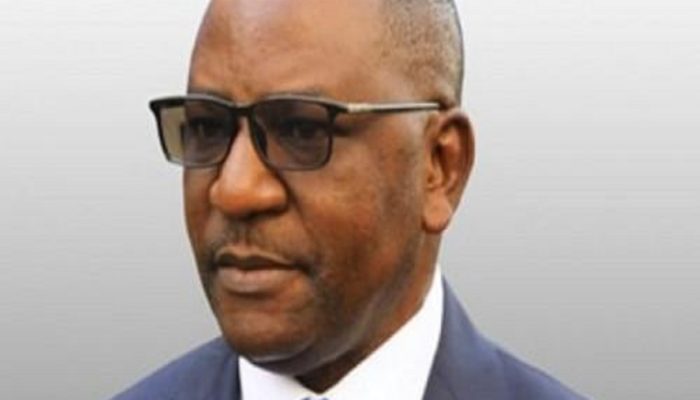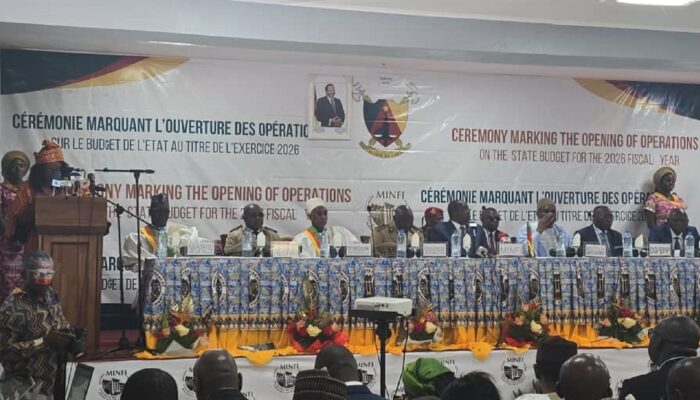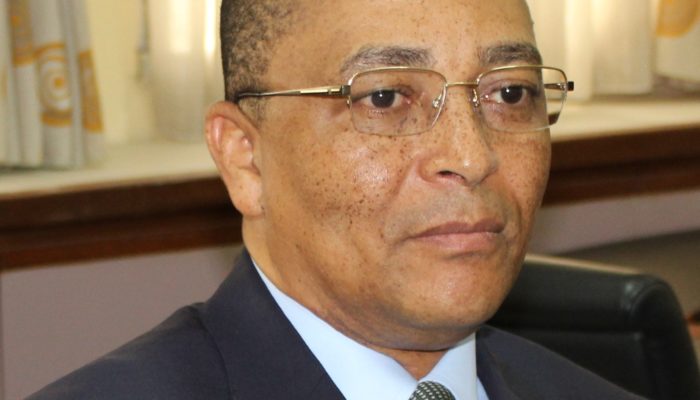At a workshop in Yaoundé on May 6, 2025, the European Investment Bank (EIB) took stock of its six decades of cooperation with Cameroon. Since 1965, the European institution has invested nearly 583 billion CFA francs, split between public financing and support for the private sector.
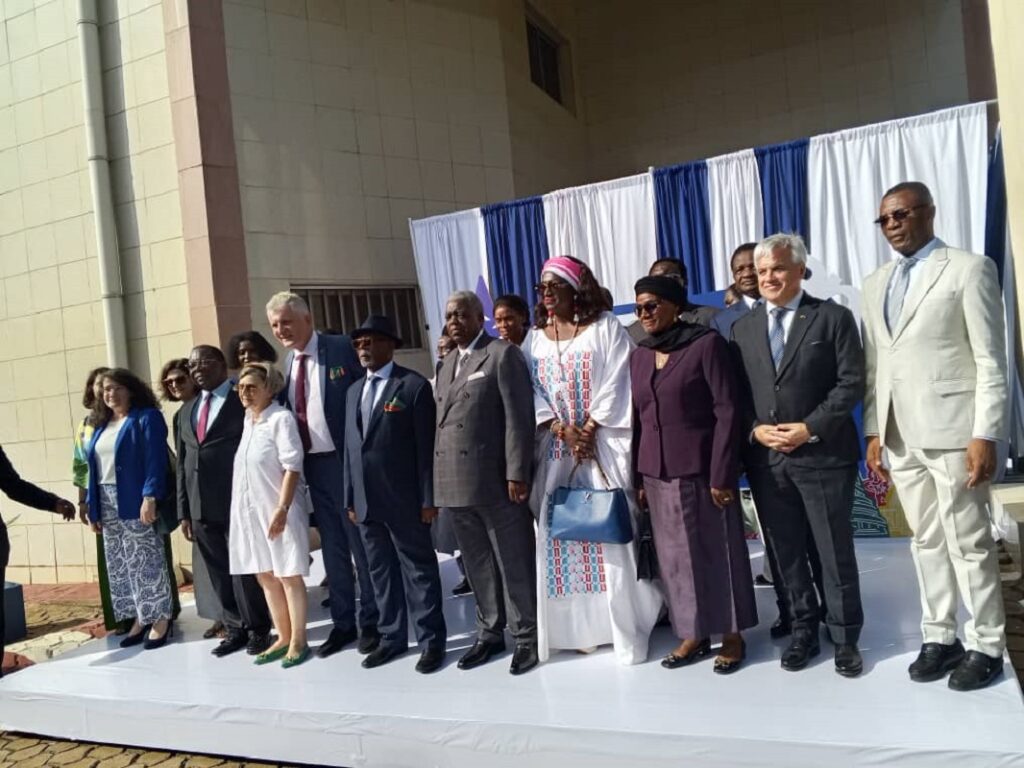
Since launching its activities in Cameroon in 1965, the EIB has injected a total of €890 million, or approximately FCFA 583 billion, into public and private projects. This figure was revealed by Roger Stuart, Head of the EIB’s Central and West Africa Regional Hub, during a workshop organized by ATIDI, the African Agency for Trade and Investment Insurance Development. Of this total, €480 million (approximately FCFA 314.4 billion) was allocated to the public sector, compared to €410 million (FCFA 268.5 billion) to the private sector.
EIB support to the private sector often takes the form of credit lines granted to local banks. These banks can then finance Cameroonian businesses at preferential rates. In May 2022, the EIB signed two agreements to this effect with Commercial Bank Cameroon and CCA Bank, for a total of €27 million (FCFA 17.6 billion). A similar operation was carried out in 2020 with Société Générale Cameroun, which received a FCFA 10 billion credit line to support SMEs during the health crisis.
On the public sector side, the most emblematic intervention remains the financing of the Nachtigal dam, with a capacity of 420 MW, qualified in 2022 as the EIB’s largest investment in sub-Saharan Africa. In May of the same year, the institution also co-financed the renovation of 330 km of railway between Bélabo and Ngaoundéré to the tune of more than 80 billion FCFA.
Finally, the EIB facilitated Cameroon’s investment in ATIDI in 2021, through support of 7.5 billion CFA francs. This contribution helped strengthen the country’s ability to attract secure investments. Since then, approximately 130 billion CFA francs have been mobilized through guarantees offered by this specialized agency.
With 60 years of partnership, the EIB has positioned itself as a key player in development financing in Cameroon. Its operations, both in public infrastructure and the private economic fabric, contribute to sustainably strengthening the country’s resilience and attractiveness.



